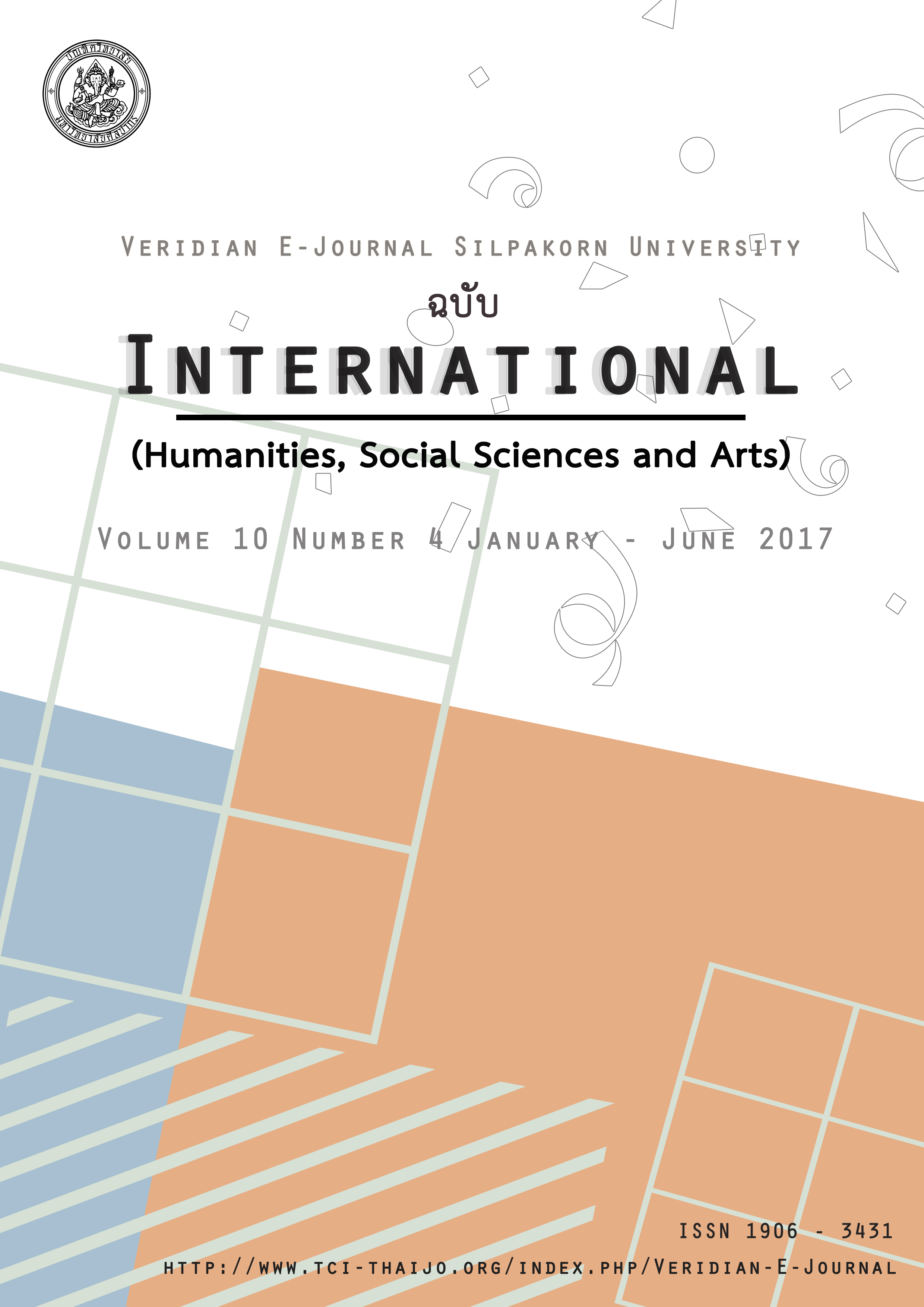The Development of Evaluation Project Model to Enhance Sustainable in Development
Main Article Content
Abstract
The objectives of the research entitled “the development of evaluation project to enhance sustainable in development” were to, 1) study the implementation, problems and necessities of project evaluation for enhancing the sustainable in development, and 2) develop project evaluation model for enhancing sustainable in development. This research was mixed method research those integrated between quantitative and the qualitative methods. The populations were 39 people consisting of Staffs under the Development Office of Community Development District, the Department of Community Development, and Ministry of the Interior in only 1 province about 10 districts. The data were collected through commonly available in 2 groups of discussion and interview separately. The key informants also were divided into 2 groups consisted of 13 development community officers as the first group and the second group was consisted of 5 experts on project evaluations and sustainable development. The research instruments employed in this study were used multi-techniques for studying such as questionnaire, the guided-questions for group discussion, and structured in-depth-interviewing questions. The data analysis was conducted as follows; frequency, percentage, mean, and standard deviation as quantitative method and content analysis as qualitative method. The findings were as follows:
1. The findings of implementation, problems and necessities of project evaluation for enhancing the sustainable development were found 16-20 community development projects in 2013 fiscal year estimated 41.00 percent. In addition, every project employed there were project evaluations those using Goal - Based Approach estimated 51.30 percent and Summative Evaluation when project finished estimated 51.60 percent. As part of the development of the guide-line for project evaluation were set by the Department of Community Development and Evaluation / Assessment Program estimated 74.40 percent. The collecting data methods only quantitative tools were found. Moreover, the Analysis of implementation, problems and necessities of project evaluation for enhancing the sustainable development form the discussion groups (Focus Group Discussion) found that (1) nowadays; there were a lot of projects under responsibilities of community development, (2) Almost projects those received budgets supported by head office were suggested by public hearing, so there were no Pre- Implementation Evaluation at the beginning, (3) In the beginning phase, there were no participation involvements from project evaluation stakeholders. 4) The Department of Community Development is the agent who defined the guide-line and the model of project evaluation. (5) The project evaluation instruments employed were mainly using both quantitative and qualitative instruments. (6) The Department of Community Development designed the evaluation tools those used for collecting the data only the project those supported the budget. On the other hands, the other projects designed tool for collecting the data on their own ways.(7)Community Development officers should developed the knowledge and skills in project evaluation.
2. The model of projects evaluation to enhance the sustainable in development was called PEALRI Model. PEALRI Model was included Participation, Empowerment, Analysis and System Design, Learning form Practice, Results Checking, and Integrated Evaluation. The elements of the project evaluation were followed; the purposes of the project evaluation, scope of evaluation, indicators and evaluation criterion, the steak- holders related to project evaluation, project evaluation examiners, the methods of project evaluation, period of evaluation, reporting and giving feedback in all phases of the project cycle.

